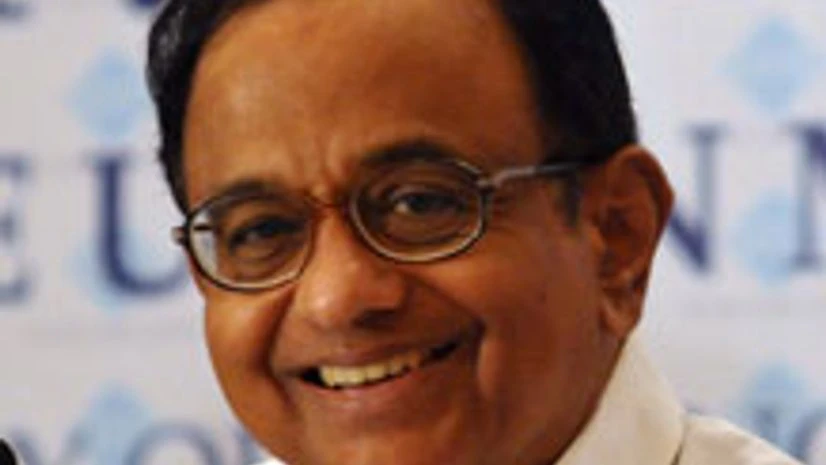Finance Minister P Chidambaram on Friday refused to share the International Monetary Fund (IMF)’s “pessimism” on growth in India this financial year. The minister pegged 2013-14 growth at about five per cent, against IMF’s estimate of an 11-year low of 4.25 per cent.
Chidambaram is in Washington to attend a series of meetings of the World bank and the IMF. He told the Carnegie Institute the United Progressive Alliance (UPA) government would be voted back to power in the 2014 general elections.
“I know the World Economic Outlook report (by IMF) does not share my optimism. But let me tell you we do not share their pessimism,” Chidambaram said in his address to Carnegie Endowment for International Peace in Washington. Almost every independent agency, the World Bank being an exception, has pegged India’s growth in 2013-14 below five per cent.
More From This Section
“With very good rainfall in the current year and a sharp increase in the sown area, we expect robust growth in farm output. We have also taken numerous reform measures over the past one year. We believe the Indian economy will grow at over five per cent, perhaps closer to 5.5 per cent in 2013-14.”
Though growth of five per cent looks good against the current global economic environment, it is much lower than the ambitious standards the country had set in 2004.
“I would be the first person to say we need to do better and recapture the growth momentum of the last decade,” Chidambaram said.
He added the measures taken by the government, coupled with a normal monsoon, would show an impact from the second half of this financial year.In 2012-13, India’s economy grew at a decade-low of five per cent. Hopes of a recovery were dashed when growth fell to a four-year low of 4.4 per cent in the first half of 2013-14. The finance minister attributed the fall in growth since 2011-12 to global factors and domestic constraints on investment and consumption.
He said some of the worst-affected countries in the Euro zone were showing signs of a recovery, with significant improvements in their current account and fiscal deficits. However, he cautioned there might be “bumps” on the road ahead.
Expectations of an improvement in the economic and financial conditions in the US, coupled with the US Fed’s decision to postpone the tapering of the quantitative easing programme had led to expectations of a gradual global revival, he said.
He added while the Indian economy had been largely deregulated, there was much more to be done.
“However, looming large is the issue of State capacity. We need a State that has in place institutions to resolve market failures. We need a State that would deliver public goods quietly, efficiently and economically. This is the prime challenge in India today.”
Carnegie is establishing a Carnegie South Asia Centre based in New Delhi. One of the key priorities of the institute is to start a research programme on India’s political economy. “May I tell you in advance your study will discover India will vote my government back to power. I thought I may caution you, lest you should waste too much time and effort to figure this,” Chidambaram said.
Carnegie’s board of directors includes Tata Group chairman emeritus Ratan Tata and Bharti Enterprises Chairman and group chief executive Sunil Mittal.

)
